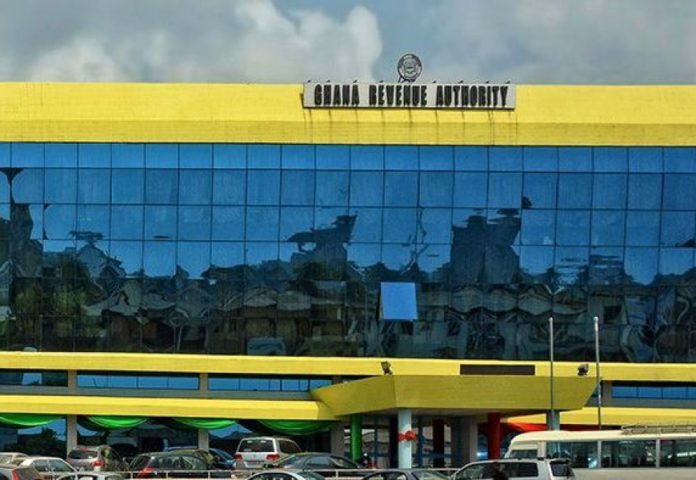
The Ghana Revenue Authority (GRA), since the beginning of this month, has begun the implementation of a cashless policy geared towards the promotion of the government’s effort to operate a cashless economy.
“As a result, neither cash nor cheques are accepted at any of its domestic tax offices, thus, the Authority is urging all taxpayers to acquaint themselves with digital systems in order to satisfy tax requirements to the state,” Mr Isaac Kobina Amoako, Head of the Project Transformation Unit at GRA said.
Mr Amoako also stated in a documentary made available to the Ghana News Agency at Tema that going digital aligned with the government’s agenda to digitize the economy to promote efficiency, convenience as well as improve Ghana’s ranking when it comes to ease in doing business.
He added that the policy would also help GRA improve on tax compliance and do away with the manual ways of carrying cash and filing tax returns saying that, “If you improve ease of doing business ranking, you become attractive to investors”.
Mr Amoako said going cashless offered their clients a variety of channels to file tax returns anywhere in the world at anytime of the day.
He revealed that GRA had arranged with some 22 commercial banks who were onboard while measures were underway to enroll rural banks as well as to cater for GRA’s cash transactions with the public.
The GRA Head of the Project Transformation Unit, however, indicated that “in the interim, cheques coming from rural banks would be accepted in any of the commercial banks”.
Mr Amoako said the GRA has abandoned cash handling to the banks while focusing on its core function of assessing taxpayers, collection of taxes for the state and paying these revenues into the consolidated fund.
He asserted that “if you fail to submit returns to the government, a penalty is imposed on you for not submitting the return for the time required. Also, if you do not make payments for the time required, interest is imposed on the principal debt owed government.”
GRA Head of the Information Technology Service Centre, Mrs. Mercy Amerley Brocke explaining the process for accessing the platform said one can sign up via the centralized government platform, www.ghana.gov using his or her email address and telephone number.
She said once a user is signed up, one has to select GRA from the options available, to reach the “file and pay taxes” button.
Mrs Brocke said from that menu, one would be able to select the type of tax, payable using the Tax Identification Number.
She said clients could make payments via visa or credit cards, mobile money, QR code scan, bank deposits to pay all forms of taxes including; Value-Added Taxes (VAT), withholding taxes, personal income tax, company taxes and customs duties.
She said, “we have also launched the USSD code *222# which you can use to transact with the GRA”. She mentioned that taxpayers who do not register with the ghana.gov platform could still access invoices at GRA’s offices and pay directly at the banks.
She reiterated that without a Tax Identification Number or Personal Identification Number of the Ghana Card, one cannot do business with the GRA and urged taxpayers to take advantage to register for the Ghana Card.
Mrs. Brocke said that payments to the GRA using cheques would only take effect after cheques were cleared 48 hours after issuance at the banks as such, she advised taxpayers to issue cheques in advance of date of expiration in order to avoid the penalties thereof.







